We recently connected with Logan Blankenship and have shared our conversation below.
Logan, looking forward to hearing all of your stories today. What were some of the most unexpected problems you’ve faced in your career and how did you resolve those issues?
I’ve learned that no matter how easy a project or job may seem, rarely does one go without bumps along the way. The phrase “expect the unexpected” really rings true. It’s easy to spiral into frustration and self-doubt at the moment quickly. However, it’s important to remind yourself that everyone, from an apprentice to a master of their craft, experiences problems or issues in their work. Those masters have just learned through their experience how to overcome obstacles better or hide their mistakes, while the apprentices are building their experience by going through the motions.
When I’m wrapping up a project, I always try to look back and learn from the experience. Are there things I could have done differently? Could I have approached the design in a different way? People say hindsight is 20/20, but it really is true. I try to take those learnings and apply them to future projects to hopefully help reduce or prevent further issues from happening in the first place.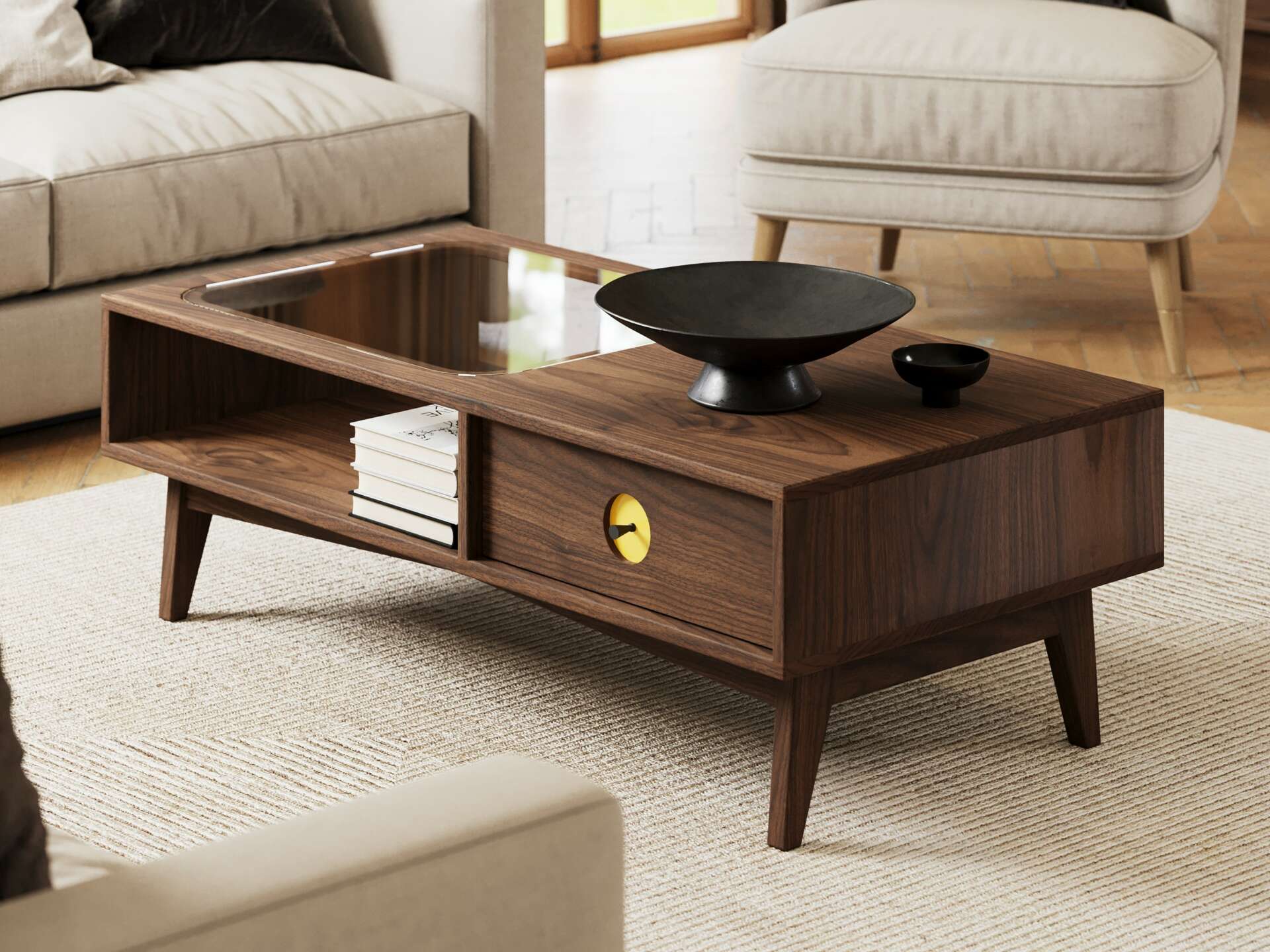
Great, appreciate you sharing that with us. Before we ask you to share more of your insights, can you take a moment to introduce yourself and how you got to where you are today to our readers.
Sure! I own and operate The Spalty Dog, which is a mid-century furniture design studio based in Cincinnati, Ohio. I run all aspects of the business, from marketing, sales, design, fabrication, customer service, and everything else in between.
Since I was young, I’ve always been interested in design and music, which really inspired my creativity growing up. I attended a vocational high school for my last two years, where I focused specifically on digital design. Then I moved on to attend a local community college, where I got a degree in visual communications. One of the core memories I have while attending college was this elective class where we each got to build our own electric guitar from the very beginning. Technically it was an engineering class, but really it was about 95% woodworking and 5% engineering. I had been playing guitar and in bands for nearly ten years at that point and looked at this as a great opportunity to have my own custom guitar at 1/10th of the price I’d pay to have one made. Though I didn’t expect how much I would enjoy woodworking and working with tools to build something.
Similar to how many woodworkers get started into the hobby, I really got pulled in when my partner and I purchased our first home. We needed to do some renovations when we moved in and also needed new furniture for some of the rooms. So I started by going to Home Depot and purchasing a contractor table saw, miter saw, drill press, and a few other handheld power tools and set up shop in our one-car garage.
Over the next year, I started diving deeper into woodworking and found joy in furniture making specifically. At this point, I had packed our garage full of tools and decided to open The Spalty Dog. At first, we started by building custom furniture and cabinetry for residential clients. We would build to nearly any design a client brought in or would even work with the client to design something truly unique to them.
Fast-forward another couple of years, and we hit the point of outgrowing our one-car garage. Trying to build a 10-foot by 4-foot dining table in a garage packed full of tools is not fun, haha. Eventually, we were able to find a new place to expand our shop, which we’re still settling into, but it has been great so far.
Since the beginning, our focus has been to provide people with high-quality furniture that is true to their unique style and will last a lifetime. In addition to building custom furniture for residential clients, we now also work with commercial businesses, interior designers, and architects to better serve their needs. We also recently released our first product line, The Florence Collection, which are mid-century inspired pieces designed and handcrafted completely in our Cincinnati studio.
We pride ourselves on not only the quality and craftsmanship of our products but also the experience that comes along when working with us. We strive to establish a personalized experience with our clients by keeping them in the loop on each step of the process so they can follow along as we make their one-of-a-kind piece. We aren’t some big-box retailer building and selling thousands of furniture pieces a year or, in some cases, a month! We’re a small yet modest furniture design studio that values quality over quantity. We design and build with intention and sustainability to deliver a product that will not only last a lifetime but also an experience that is second to none.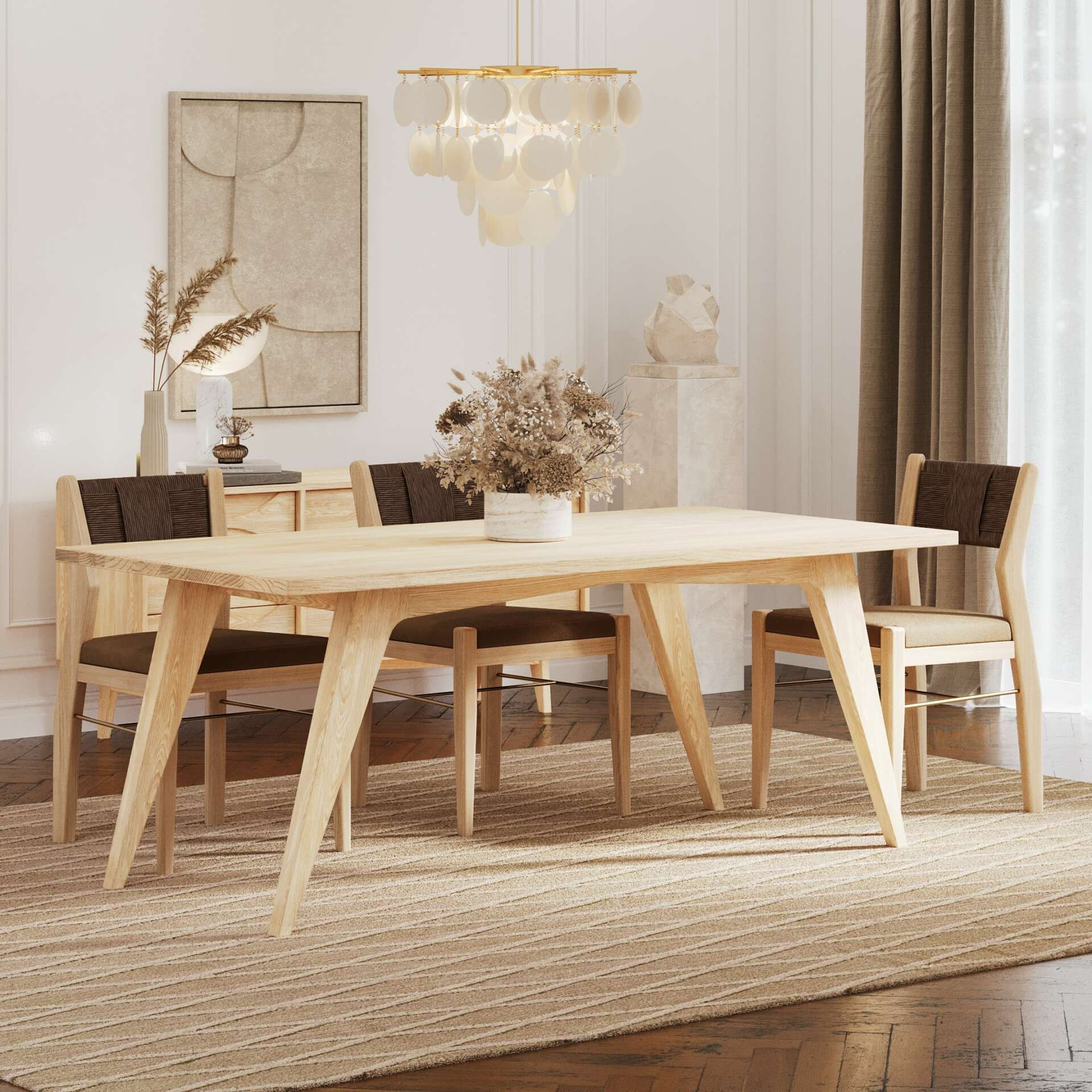
What can society do to ensure an environment that’s helpful to artists and creatives?
I believe we as a society can best support artists and creatives by becoming more aware and involved in their journey or process and understanding the best way to support each artist individually.
For some artists, you may be able to purchase their work; for others, you might be able to spread awareness of their work to others that may be interested. Support can come in many different ways, and getting to know your local artists on a personal level will help you learn how you might be able to help them grow.
Another important aspect is understanding the time and effort a person puts into their work and its value. It’s unlikely your local artist or craftsman will be able to compete with large big box retailers. However, although they may be higher priced, you’re likely to receive a much higher quality item that was made much more ethically and sustainably than what you might get elsewhere. You’re also likely receiving a more personalized experience by supporting an actual person rather than a large corporate entity.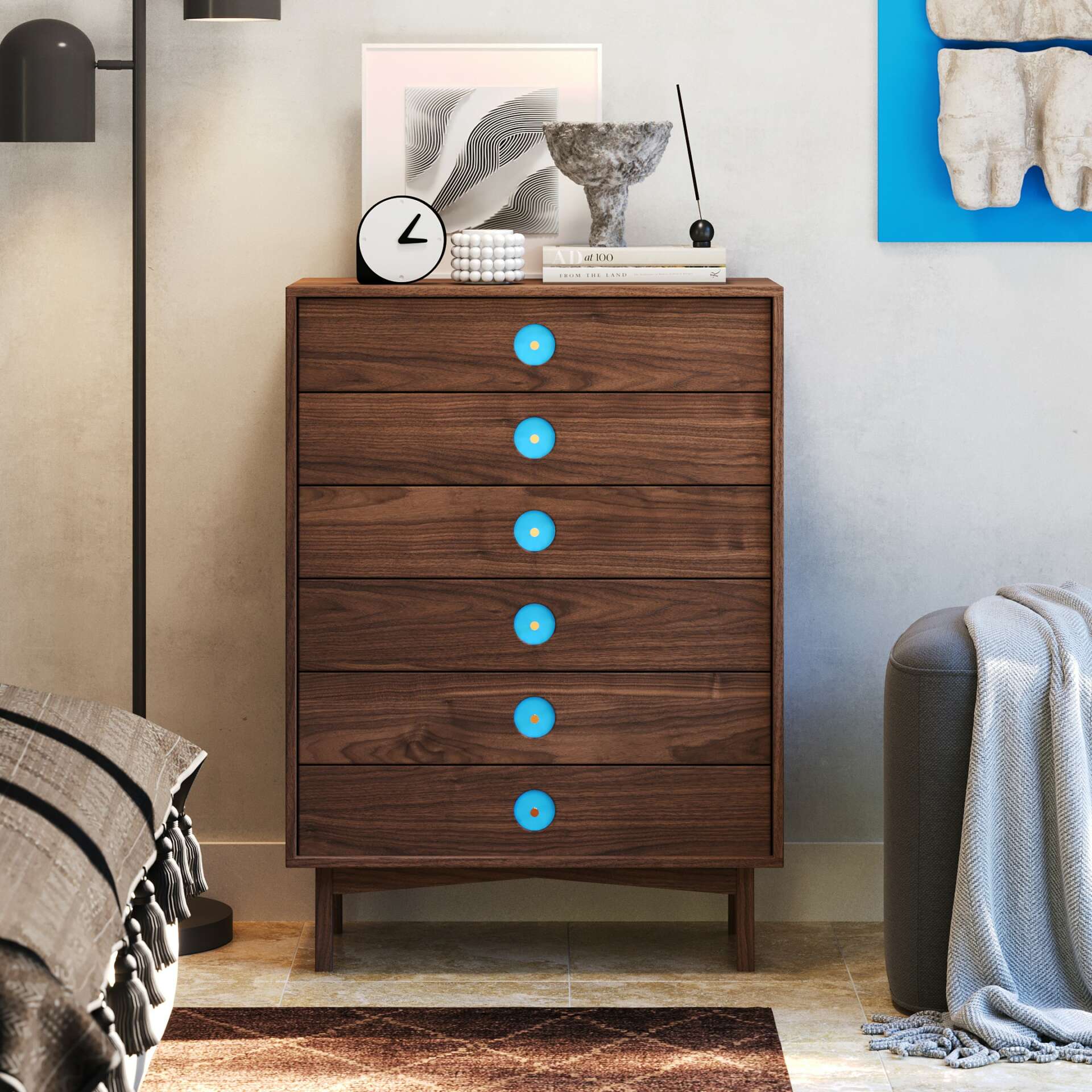
Have any books or other resources had a big impact on you?
I recently attended a training course on growth mindset that I found extremely helpful in how I look at things in my life, both professionally and personally. I won’t go into a ton of depth because I’m definitely not qualified to teach on the topic, but one of the main takeaways I took from the course was to focus not only on the outcome but the progress you made along the way.
If we focus only on the outcome, it’s easy to get burned out or defeated if we hit a bump along the way or don’t meet a deadline that we set for ourselves. We can ask ourselves why we didn’t accomplish what we set out to do or beat ourselves up for not being good enough. But if we focus on our progress, we can celebrate the small wins that are helping us along our journey. As humans, we can do just about anything we put our minds to. A huge shift in my mindset has been not to wonder if my goals or outcomes will happen but when. I’d likely bet most timelines you set are based on your own expectations and not as much on others. I’m definitely guilty of this, and it often adds an unnecessary level of stress and pressure on myself. As long as you continue to make progress toward your goal while celebrating the small wins along the way, that’s what matters.
A few books I’d recommend would be:
Mindset by Carol Dweck
Dare to Lead by Brene Brown 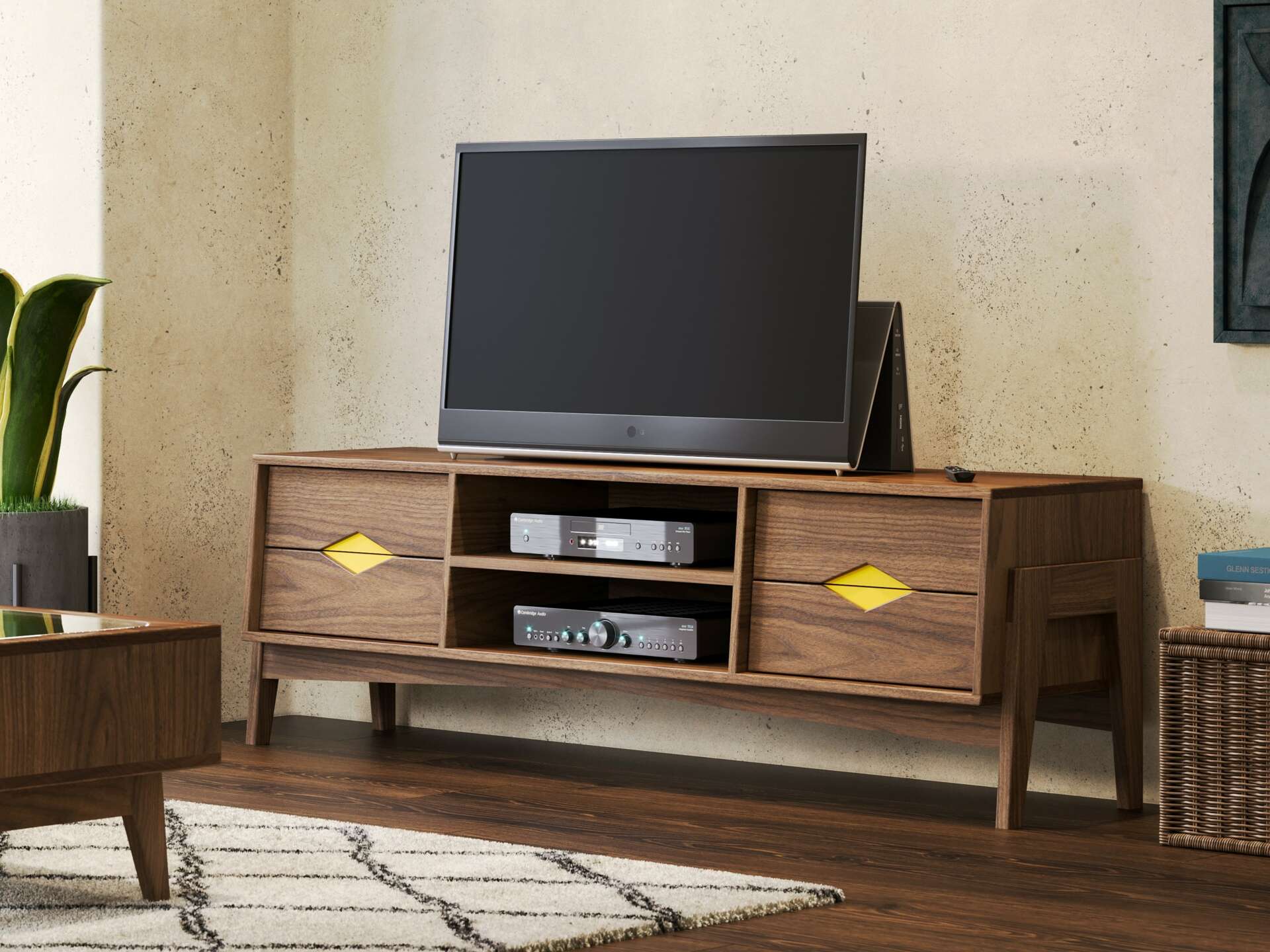
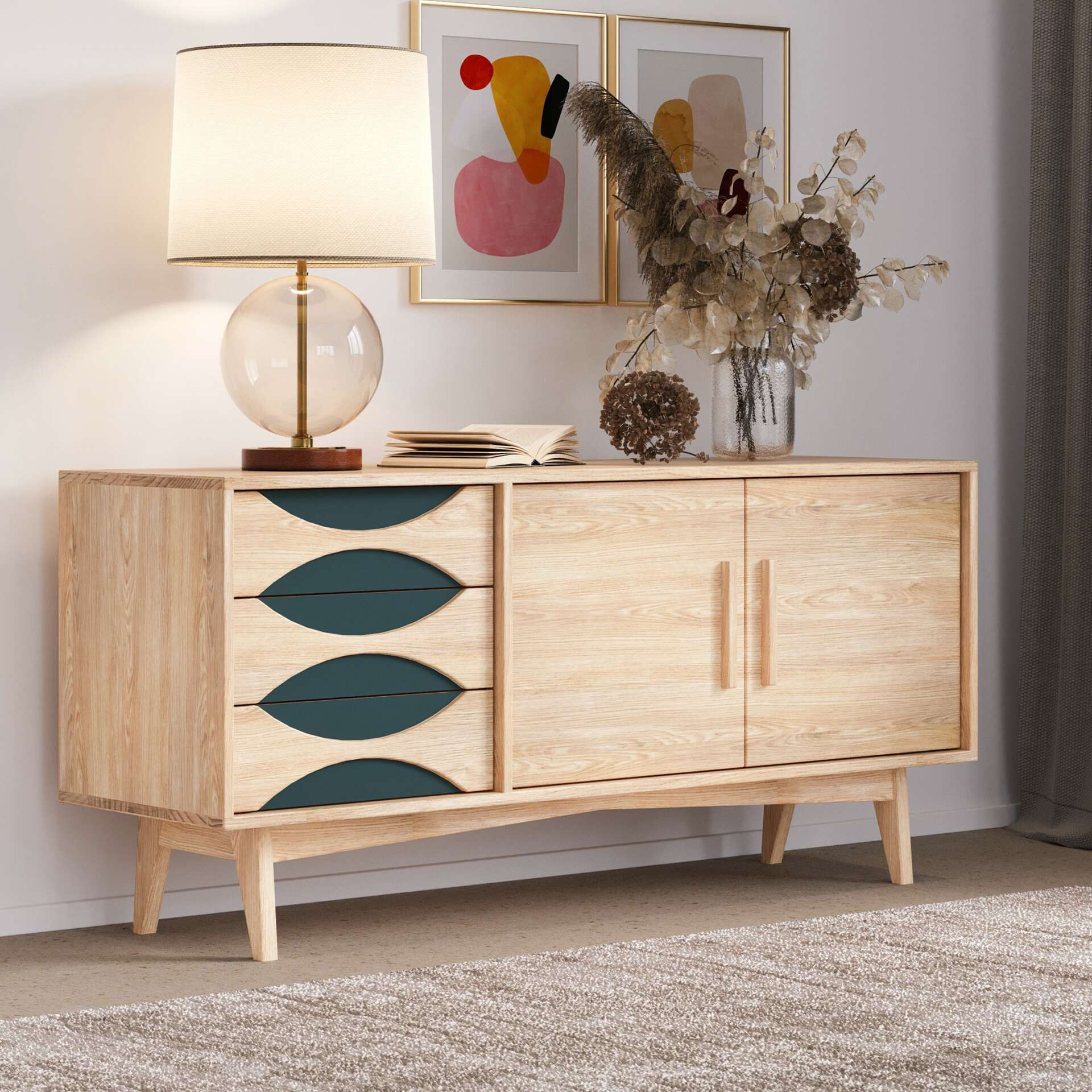
Contact Info:
- Website: www.thespaltydog.com
- Instagram: https://www.instagram.com/_thespaltydog
- Facebook: https://www.facebook.com/thespaltydog
- Linkedin: https://www.linkedin.com/company/the-spalty-dog/
- Youtube: http://youtube.com/thespaltydog


